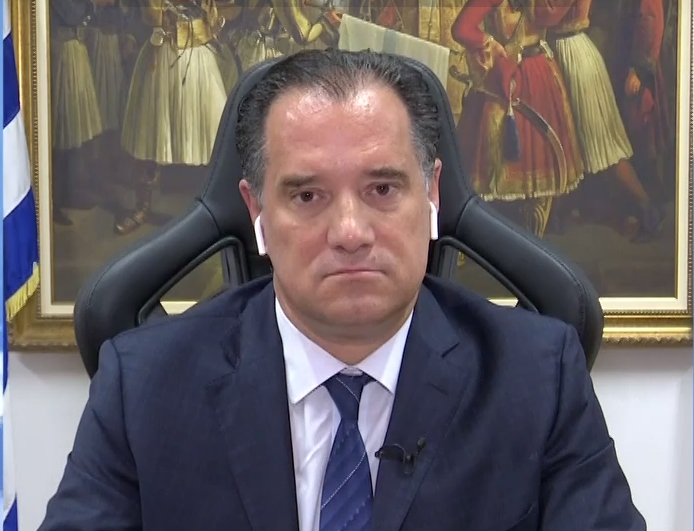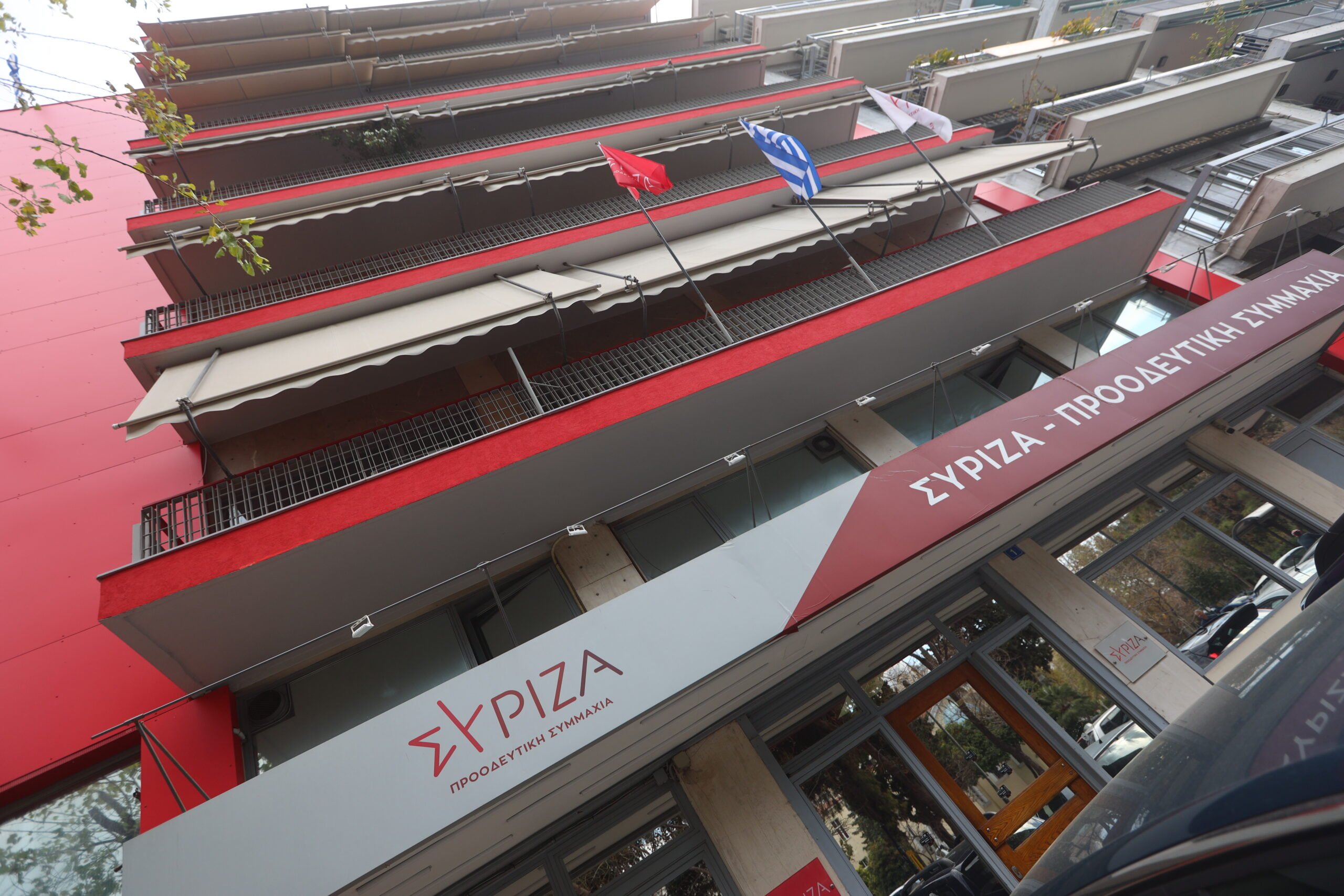Greek proposal for loan extension to be discussed in Brussels amid tensions
Prime Minister Alexis Tsipras spoke with German Chancellor Angela Merkel Thursday evening after a day of tense efforts aimed at securing a compromise between Greece and the eurozone ahead of a Eurogroup summit Friday where Greece’s proposal for extending its loan agreement with creditors is expected to be discussed.

Prime Minister Alexis Tsipras spoke with German Chancellor Angela Merkel Thursday evening after a day of tense efforts aimed at securing a compromise between Greece and the eurozone ahead of a Eurogroup summit Friday where Greece’s proposal for extending its loan agreement with creditors is expected to be discussed.
Prime Minister Alexis Tsipras spoke with German Chancellor Angela Merkel Thursday evening after a day of tense efforts aimed at securing a compromise between Greece and the eurozone ahead of a Eurogroup summit Friday where Greece’s proposal for extending its loan agreement with creditors is expected to be discussed.
Tsipras and Merkel spoke for just under an hour in a conversation that the Greek premier described on his Twitter account as being “in a positive climate” and showing “interest in finding a mutually beneficial solution for Greece and the eurozone.” Tsipras also spoke with French President Francois Hollande, sources said.
The exchanges followed hours of tensely-worded statements after the Greek government sent its keenly-awaited proposal to Eurogroup President Jeroen Dijsselbloem. The request was for a six-month extension of Greece’s loan agreement but under different conditions, government officials said in the morning. Later in the day, Finance Minister Yanis Varoufakis’s letter to Dijsselbloem was leaked to the media, indicating that the government recognizes the country’s existing bailout program as the legally-binding framework for the next six months though the document did not include the words “memorandum” or “program,” which the leftist-led government rejects. It also remained unclear which of the measures linked to the bailout program the government would commit to enforcing.
The response from Germany was fast with the country’s Finance Ministry rejecting the Greek proposal outright. Germany’s Economy Minister Sigmar Gabriel said it was important to determine which reforms Athens was prepared to implement but appeared to strike a more conciliatory tone. “The letter can only be the start of negotiations,” he said.
But the initial negative vibes from Berlin appeared to rattle the Greek government. ‘“A part of the German government is against the Greek people, and this is due to Mr Schaeuble,” a government source remarked. Another official provided details of what was supposedly an intervention by a German Finance Ministry official at Thursday’s Euro Working Group summit in Brussels. The official was quoted as describing the Greek proposal as “a Trojan horse, intending to get bridge financing and in substance putting an end to the current program.”
Officials in Brussels Thursday stayed up until late in a bid to draft the basis for a joint statement that satisfies all sides.
Statements by top government officials Thursday pointed to a split, with some – Germany, Finland and Slovakia – taking a hard line towards Greece and others – including France and Italy – appearing more open to the Greek proposal.
ολες οι ειδησεις
- Ο Γιάννης Κότσιρας στο ευρωψηφοδέλτιο του ΣΥΡΙΖΑ;
- Ανάλυση POLITICO: «Γι’ αυτούς τους λόγους η Ουκρανία χάνει τον πόλεμο με τη Ρωσία»
- Η δύναμη της φύσης: 142 λίτρα νερό ανά τετραγωνικό μέτρο χτύπησαν το Ντουμπάι μέσα σε μία μέρα
- UEFA: «Δεν υπάρχει κανένα θετικό δείγμα ντόπινγκ σε ποδοσφαιριστή» – Στην δικαιοσύνη ο Ιωαννίδης για την παραπληροφόρηση
Ακολουθήστε το Newpost.gr στο Google News και μάθετε πρώτοι όλες τις ειδήσεις
Δείτε όλες τις τελευταίες Ειδήσεις από την Ελλάδα και τον Κόσμο, στο Newpost.gr








